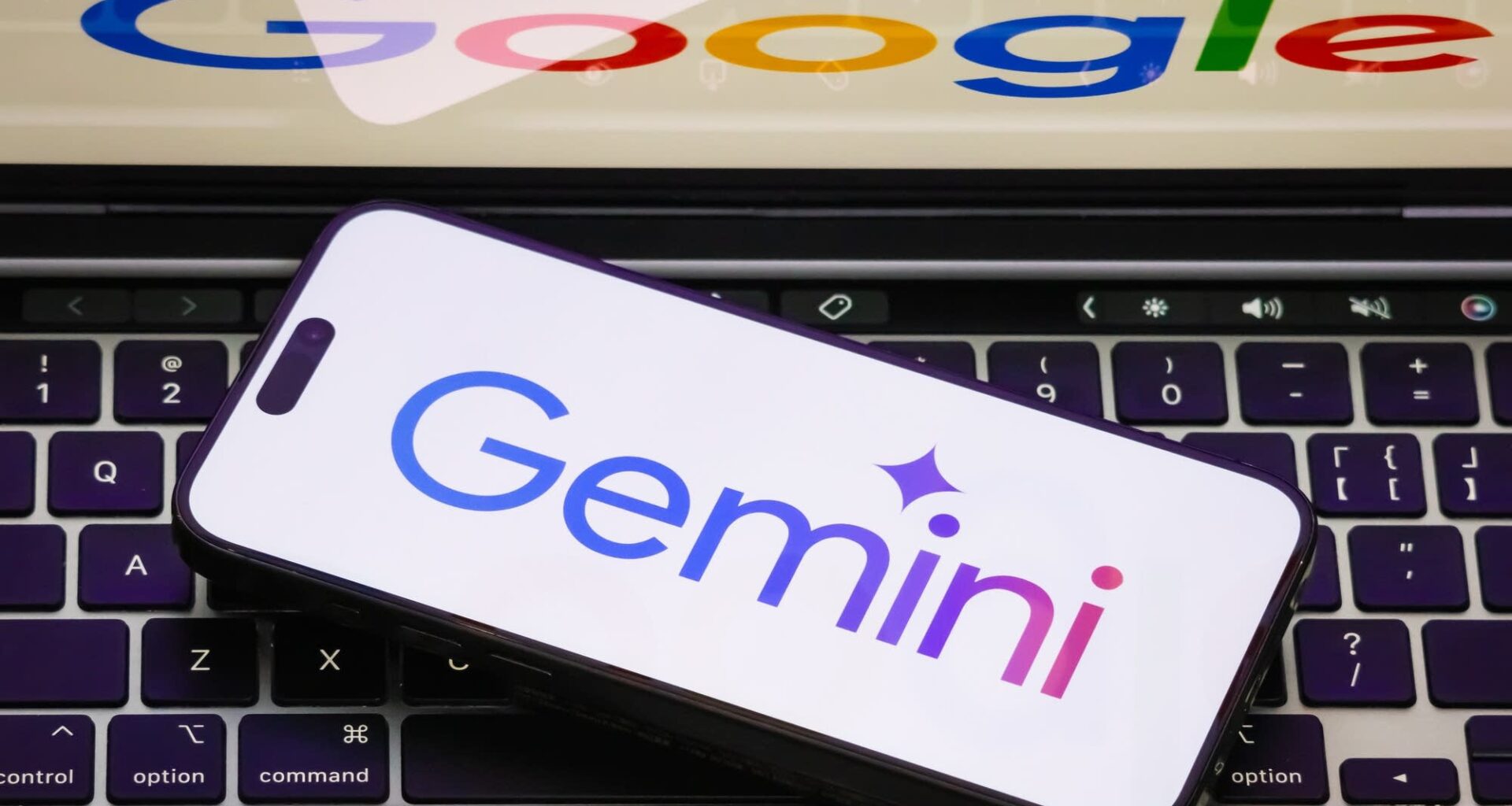Users of Google’s Chrome web browser may notice some changes in the coming months. Google announced yesterday it’s integrating its “Gemini” artificial intelligence assistant into Chrome, turning it into what’s known as an agentic browser. Many varieties of these browsers are emerging in the arms race for AI dominance.
If you think about how you search, how you book travel, how you check your email how you shop, you’ll find a common factor: ”The way we interact with and traverse most of the digital world is in a browser,” said Dion Hinchcliffe, a VP at the Futurum Group.
Our browsers have our logins, our passwords, our bookmarks, even our credit cards saved.
“The browser has all the keys to the castle,” Hinchcliffe said.
Agentic browsers give those keys to AI.
“This is when there’s actually a version of a large language model that lives inside the browser software, and then can actually take actions on your behalf,” said Jordan Wilson, founder of Everyday AI.
AI can find the cheapest flight and if you let it, book it. It can log into your Amazon to find the cheapest furniture and if you let it, buy it. Look at your email and sort it, maybe even respond to it.
“Any website, anything that exists on the internet, especially anything that you can log into, you know, that just opens up so many more possibilities than you have right now, versus a traditional LLM AI chat bot,” Wilson said.
Agentic browsers also give tech companies a shot at unseating the titan that is Google, by starting a new browser war.
“No matter what innovations have happened in search industry by other competitors, they haven’t been able to take away any part of Google’s market share for two or three decades now,” said Chirag Shah, a professor at the University of Washington. “Now they have an opportunity to do that.”
Browsers are actually just one type of agentic AI. And the stakes are enormous.
“Our official industry estimate is that by 2028, there is about $4 trillion in value to be had by unleashing agents to do work for us,” said Hinchcliffe.
That is, if we decide to let them.
“There’s a kind of question about how far consumers want these agents to go when completing some task,” said Eric Seufert with Mobile Dev Memo.
There are trust issues and security issues. When an AI chatbot slips up and says something wrong and crazy, that is very different from an AI browser that does something wrong and crazy.
Related Topics

